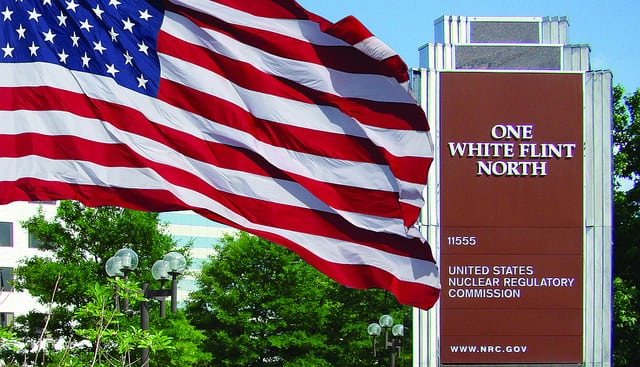
RadWaste Monitor Vol. 12 No. 36
Visit Archives | Return to Issue PDF
Visit Archives | Return to Issue PDF
RadWaste & Materials Monitor
Article 1 of 8
September 20, 2019
Senate Energy Bill Cuts $66.5 Million From NRC Budget Plan

The U.S. Senate is considering a steep cutback in funding for most operations at the Nuclear Regulatory Commission in the upcoming 2020 federal budget year.
The $841.2 million budget recommendation unveiled last week would be just over $66.5 million less than…
Partner Content